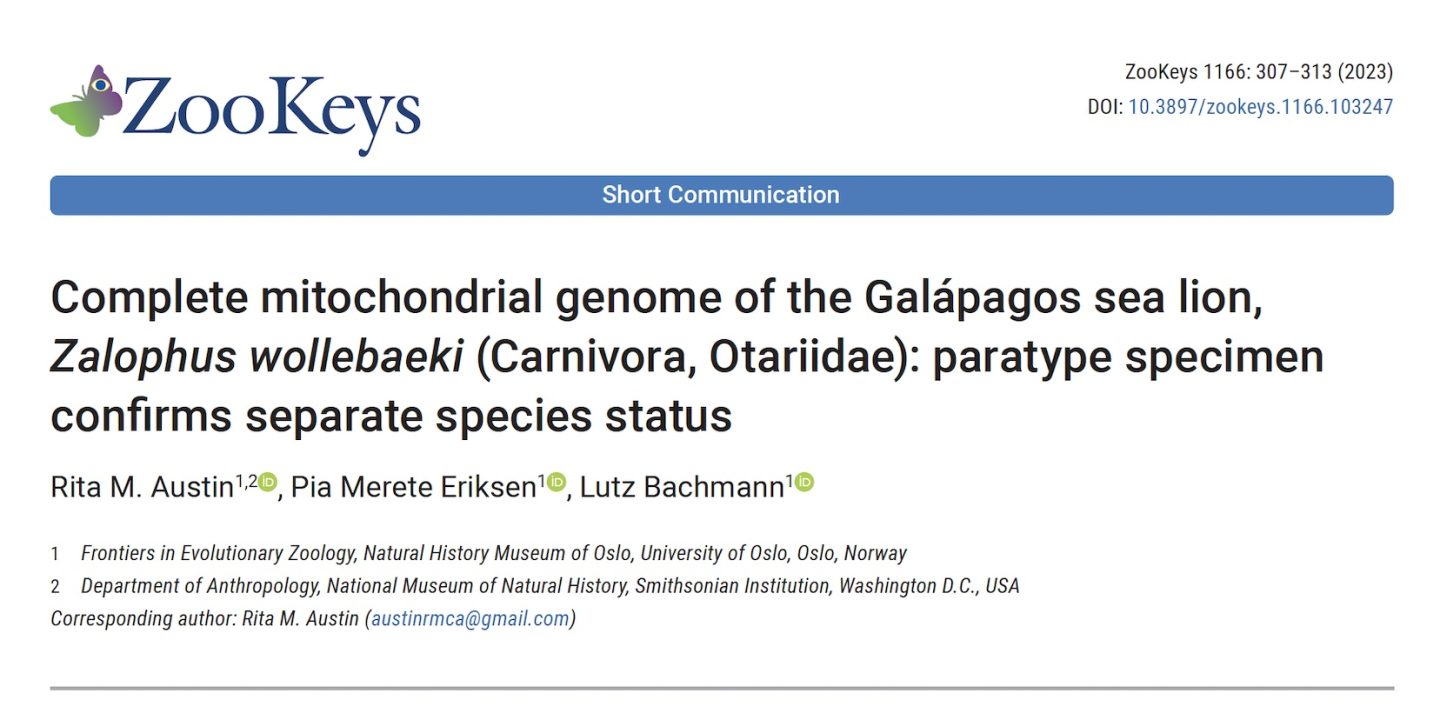The curriculum of academic studies is usually brimming with lectures, seminars and courses that aim at an efficient transfer of detailed knowledge. This is particularly true at the Bachelor level in Biology, that aims to provide a broad overview of many different disciplines in the field as the basis for more specialized studies during the Master’s course. No doubt, broad knowledge is important, but students may experience these years as mainly theoretical and little stimulating for contextual and applied professional development.
The interdisciplinary UiO:Life Science environment at the University of Oslo (UiO), Norway, has offered and funded for many years hands-on educational summer projects for students enrolled in a bachelor, master or relevant professional degree program at UiO. Students will perform research under supervision integrated in a research group within life science for six weeks full-time equivalent and, thus, obtain hands-on experience of science in action.
The FEZ group has over the years of the program offered 17 internships on 14 projects, and some of them have been recruited for Master thesis. Also this year we are hosting two interns. Projects have covered topics ranging from biodiversity assessments of selected taxa, taxonomy, museomics, bioinformatics and genomics.
An earlier intern, Pia Merete Eriksen, who is now co-supervising a new summer student Stephanie Milne, provided some reflections on the benefits of taking an internship.
“I took a UiO:Life Science Summer Research Project in both 2021 and 2022 with the FEZ group at the Natural History Museum. First of all, I wish to express my gratitude for having had the opportunity to participate in the program. I was in the first year of my Bachelors in Biosciences when I applied for the first summer project, and was still had no idea what I wanted to specialize in, and was looking for direction. The summer project opened so many doors, and put me in a position to try out different things I found interesting. Within the FEZ group, I met with Rita Austin and Lutz Bachmann, who have been very inspiring supervisors. After the summer project, I could continue as research assistant for some time, and with pleasure applied successfully the following year for a second summer project with insightful project leader Torsten Struck. I have just finished my Bachelor studies and look forward to starting my Master’s course in Biodiversity and Systematics later this summer.
While working on my summer projects I found and developed the layout of my Master project together with my future supervisors. I am extremely excited and happy about my career development, and have to acknowledge that without the summer project experience I wouldn’t have been anywhere near as confident in making my decisions.
I am also very pleased that I, even before having finished my Bachelor studies, have co-authored two scientific papers that have either been accepted for publication recently or about to be published.
– Austin, Eriksen & Bachmann. 2023. Galápagos sea lion, Zalophus wollebaeki (Carnivora: Otariidae) paratype specimen confirms separate species status. ZooKeys 1166: 307-313. https://doi.org/10.3897/zookeys.1166.103247
– Fleming, Eriksen & Struck. 2023. Scoutknife: A Naïve, Whole Genome Informed Phylogenetic Robusticity Metric. Evolutionary Bioinformatics, F1000 Research
I also want to acknowledge that the organization and administration of the UiO:Life Science Summer Projects is very professional and straightforward. There is a meet-n-greet with the project leader, a matchmaking process and a final poster session, and – of course very importantly – financial support through a stipend. The whole program is excellent, and strengthened my dedication for science.”
In the FEZ group we are glad that our summer students get so much out of their time with us, whether it’s just for the summer, or if they stick around longer. We’re excited to see how the UiO:Life Science Summer Projects develop, and to follow-up our past, present and future students.
![]()
